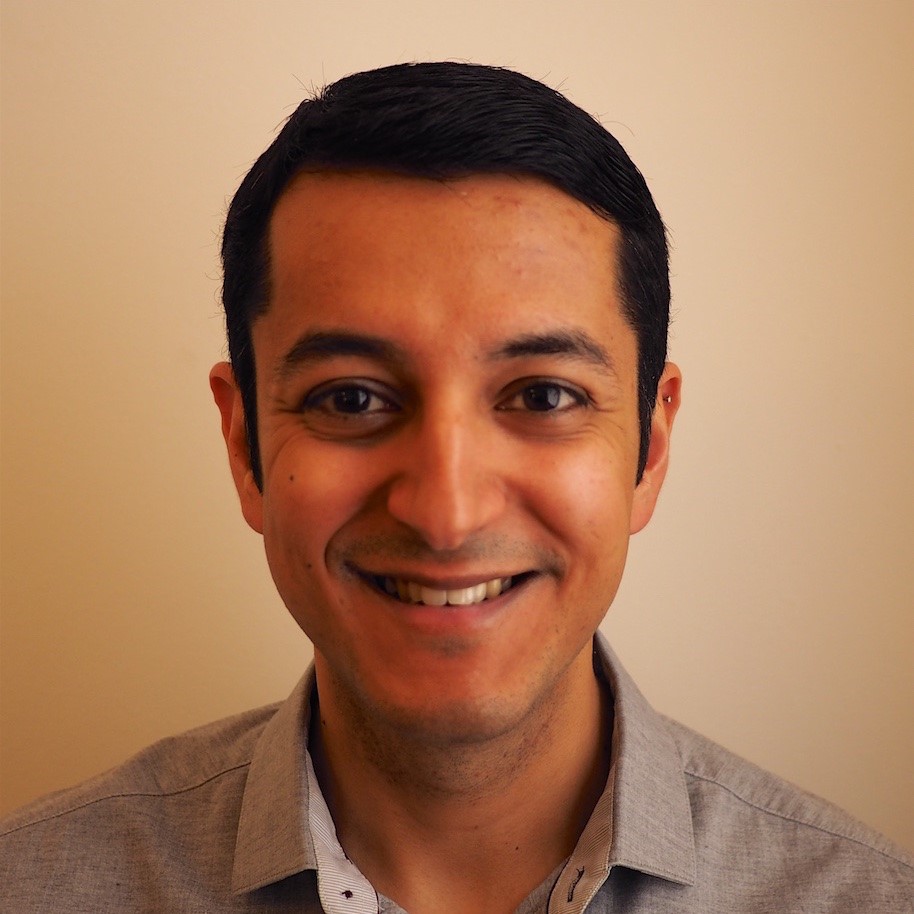Colloquia & Guest Speakers
HIGH-DIMENSIONAL QUANTUM PHOTONICS: PUSHING THE LIMITS OF QUANTUM TECHNOLOGIES
Dr. Mehul Malik
Associate Professor, School of Engineering & Physical Sciences, Institute of Photonics and Quantum Sciences
Heriot-Watt University
Wednesday, October 27, 2021
2:30 p.m.–3:30 p.m.
Gowen Room, Wison Commons (RM 213)
Abstract: Quantum states of light entangled in their spatial and temporal structure offer the potential for noise-robust, device-independent quantum communication networks that harness the full information carrying capacity of a photon. A central challenge in the realisation of such networks is the ability to efficiently measure and reliably transport high-dimensional entangled states of light. I will begin this talk by introducing a theoretical model for the two-photon wavefunction entangled in the position-momentum degrees-of-freedom. I will go on to discuss a recently developed characterisation technique that allows us to efficiently reconstruct this very large wavefunction [1], and tailor it for generating high quality high-dimensional entangled states of light in multiple spatial mode bases. I will present the generation and measurement of high-dimensional “pixel” entanglement with fidelities exceeding 94% and entanglement dimensionalities up to 55 [2]. In the second part of this talk, I will discuss a recent experiment where we transport high-dimensional pixel entanglement through a complex scattering medium: a 2m section of commercial multi-mode fibre [3]. Using the quantum mechanical principle of state-channel duality, entanglement is used to measure the transmission matrix of the complex medium by mapping it onto a maximally entangled state. Interestingly, by using a property unique to high-dimensional entanglement, the medium is rendered transparent to entanglement by carefully “scrambling” the photon that did not enter it, rather than unscrambling the photon that did. Our results lay the groundwork for next-generation quantum technologies based on high-dimensional entanglement, and opens a new pathway towards the control of complex scattering processes in the quantum regime.
*[1] V. Srivastav, N.H Valencia, S. Leedumrongwatthanakun, W. McCutcheon, M. Malik, “Characterising and Tailoring Spatial Correlations in Multi-Mode Parametric Downconversion” arXiv:2110.04506 (2021)
[2] N.H. Valencia, W. McCutcheon, V. Srivastav, M. Pivoluska, M. Huber, N. Friis, M. Malik. “High-Dimensional Pixel Entanglement: Efficient Generation and Certification.” Quantum 4, 376 (2020)
[3] N.H. Valencia, S. Goel, W. McCutcheon, H. Defienne, M. Malik. “Unscrambling Entanglement through a Complex Medium.” Nature Physics 16, 1112-1116 (2020)
 Bio: . He currently holds an ERC Starting Grant, EPSRC Early Career Fellowship, and leads a European consortium studying quantum phenomena with complex media. His research interests include quantum information processing and communication, fundamental studies of entanglement, and complex scattering media. Prior to moving to the UK in 2018, Mehul held postdoctoral positions at the University of Vienna and the Institute of Quantum Optics and Quantum Information (IQOQI), Vienna, including an EU Marie Curie Fellowship in the group of Prof Anton Zeilinger. Mehul’s work includes the creation of the first three-particle entanglement in high dimensions, the development of efficient methods for measuring complex forms of quantum entanglement, and the unprecedented transport of entanglement through a complex medium. Mehul completed his PhD in 2013 with Prof Robert Boyd at the University of Rochester, New York. Prior to this, he received his Bachelors in Physics with a minor in Art and Art History from Colgate University, New York. Mehul was born in New Delhi, India and currently lives in Edinburgh, Scotland with his wife, two children, dog, and cat.
Bio: . He currently holds an ERC Starting Grant, EPSRC Early Career Fellowship, and leads a European consortium studying quantum phenomena with complex media. His research interests include quantum information processing and communication, fundamental studies of entanglement, and complex scattering media. Prior to moving to the UK in 2018, Mehul held postdoctoral positions at the University of Vienna and the Institute of Quantum Optics and Quantum Information (IQOQI), Vienna, including an EU Marie Curie Fellowship in the group of Prof Anton Zeilinger. Mehul’s work includes the creation of the first three-particle entanglement in high dimensions, the development of efficient methods for measuring complex forms of quantum entanglement, and the unprecedented transport of entanglement through a complex medium. Mehul completed his PhD in 2013 with Prof Robert Boyd at the University of Rochester, New York. Prior to this, he received his Bachelors in Physics with a minor in Art and Art History from Colgate University, New York. Mehul was born in New Delhi, India and currently lives in Edinburgh, Scotland with his wife, two children, dog, and cat.
